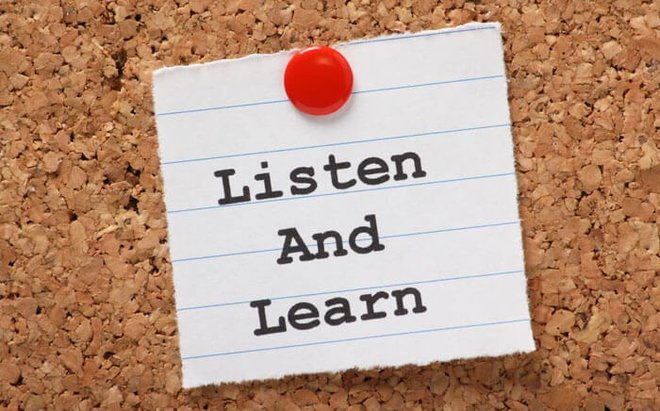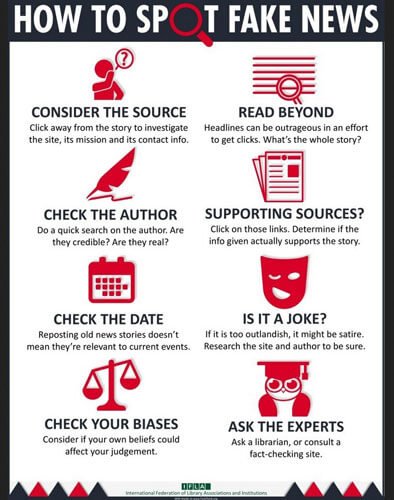Sometimes it can feel like we live in crazy times—And with good reason! We’re trying to live life as normally as possible during an ever-changing and often confusing pandemic. Plus, in the middle of this, our country just pulled off a presidential election, one which often became very divisive and emotionally-charged.
Times of uncertainty can help us learn a lot about our resilience and character. We can become stronger in dealing with problems--without becoming overwhelmed by them. This can be hard to achieve when it seems like there’s a lot of arguing and negativity happening among adults, who often disagree on basic facts! Add in social media, political websites that promote conspiracy theories and divisive cable news programs, and no wonder we can’t agree on much!
 Challenging times can make us stronger, if we choose to learn from them.Courtesy of 8-images.blogspot.com
Challenging times can make us stronger, if we choose to learn from them.Courtesy of 8-images.blogspot.com
If you feel helpless about this, take heart: You have a choice. You have a choice to feed into the division, or to find ways to connect with others. It is possible to work on problems and find common ground with those you disagree with, or at least have conversations with them without getting angry or losing friends. Having constructive conversations about stuff like politics, racism, the environment, gun safety or any other topic you feel strongly about is the first step in becoming part of the solution and in helping our communities heal. Listening to others’ fears and concerns without getting angry or giving up can take practice, for sure! Next time you find yourself in a situation like this, keep these tips in mind:
Be a good listener.
Listen—really listen—to the other person’s point of view. Try to put yourself in his shoes, even if it seems like he is living on a different planet than you! This shows that you respect him. Listen to understand where he’s coming from, not to come up with a good reply. If the person is angry about something, there may be fear under that anger. Recognizing why someone holds the emotions he does may help you understand more about where he’s coming from. When it comes down to it, most of us want the same things, we just disagree on how to achieve them.
 Next time a friend is talking, see if you can really listen to her without letting your attention wander.Courtesy of Medium.com
Next time a friend is talking, see if you can really listen to her without letting your attention wander.Courtesy of Medium.com
Stay calm.
Not getting angry may be difficult when you feel passionately about something, especially when the other person is angry, but this is the most important thing you can do to keep a conversation from going off the rails. Take the role of being the mature one, even if the person you’re talking to should know better. If that doesn’t work, it’s okay to politely step away from the situation, at least until everyone is calm again.
 Listen to understand, not rebut.Courtesy of Quickanddirtytips.com
Listen to understand, not rebut.Courtesy of Quickanddirtytips.com
Remember—It shouldn’t be personal.
Keep the focus on the topic you’re talking about, not on the person you’re talking with. Insults or name-calling will only provoke the other person. Don’t put down her ideas, yell, or be sarcastic. Instead, say, “I disagree, and here’s why…” If you do feel yourself getting angry, it helps to remember that you’re angry about the topic, not necessarily the person you happen to be talking about it with.
 Keep the focus on the topic you’re talking about, not on the person you’re talking with.Courtesy of Empoweringeducation.org
Keep the focus on the topic you’re talking about, not on the person you’re talking with.Courtesy of Empoweringeducation.org
Use “I” statements to communicate your thoughts.
Here’s an example: Instead of saying to your brother or sister, “You’re always leaving the bathroom such a mess. Why can’t you pick up after yourself?” You can say, “When the bathroom is cluttered, I can’t find anything and it makes me feel unorganized.” See the difference? Using “I” statements sounds way less argumentative. You can apply this to any conversation in your life. Try it and see if you notice a difference.
 Next time you see a news story, put it to the test with this chart.Courtesy of Lehman.edu
Next time you see a news story, put it to the test with this chart.Courtesy of Lehman.edu
Separate fact from fiction.
Studies tell us that many Americans can’t tell which news they see is fake and which is real, and with all of the clickbait, social media ads and rumors, and divisive websites disguised as news sources, this should not be surprising. This is a perfect time for you practice detecting unreliable news sources. Knowing the facts and data behind your opinions will help you challenge ideas that trouble you. However, this doesn’t mean cherry-picking facts that align with your beliefs. Be very cautious about information you see on the internet, especially on social media. News wire services like AP News and Reuters strive to provide accurate, neutral coverage of major events. If you’re not sure about something you see or hear, check with a fact-checking source like Factcheck.org, a project of the Annenberg Public Policy Center.
 If we focus on what connects us instead of what divides us, we can accomplish so much more!Courtesy of Quotescover.com
If we focus on what connects us instead of what divides us, we can accomplish so much more!Courtesy of Quotescover.com
Most importantly, it helps to remember that our country has overcome division and unsettling change before, and we can do it again. We are far more alike in our hopes, dreams and similarities than we are divided in our differences. There’s always room for hope, no matter what! It starts with you.

































